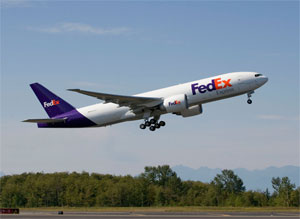| |
|
| |
|
 |
Supply
Chain by the Numbers |
| |
|
| |
- Oct. 11, 2012
|
| |
|
| |
|
| |
|
| |
Bold US Steel Strategy Turns Rusty; China Shows Greece How to Move Containers; Germany's Green Energy Rules Send Electricity Bills Soaring; FedEx Announces Express Network Changes
|
| |
|
| |
| |
| |
|
|
175 |
Number of Euros German consumers in an average three-person household will be paying next year for a green energy tax on electricity, as the announcement was just made that the assessment will rise from 3.6 cents to 5.4 cents per kilowatt hour. That all stemming from the country's Renewable Energy Act, a sort of green-energy solidarity surcharge that is automatically added to every consumer's electricity bill. The rising cost of electricity is starting to become a hot political issue in Germany, with some referring to problems with "electricity poverty" in the country. And of course, businesses are asking for and getting exemptions, and the high cost of electricity is now seen as the biggest barrier to doing business in Germany.
|
| |
| |
|
| |
| |
| |
$1.6 Billion
|

|
That's how much cost FedEx said this week it plans to take out of its flagship Express business unit over the next three years in an effort to improve profitability and juice its struggling stock price. The custs include $400 million from efficiency of staff functions and processes; $300 million from fleet modernization; $350 million from overhauling the U.S. domestic express network by consolidating stations and routes and other moves; $350 million from international services and $150 million from targeted growth and yield management. Almost amazingly, the Express unit is struggling while its businesses in parcel ground and LTL are doing well.
|
| |
| |
| |
|
|
|
| |
 |
 |
| |
|
|
| |